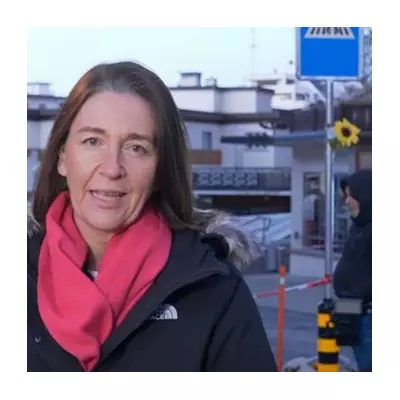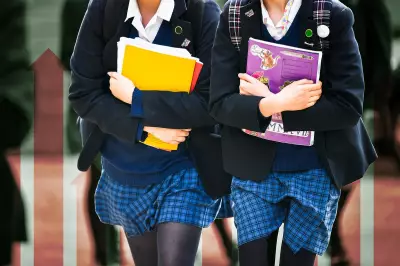
A London state school's decision to implement a complete smartphone ban has triggered dramatic consequences, including police involvement and legal challenges, while simultaneously achieving remarkable improvements in student safety.
Parent Outrage and Police Intervention
The anonymous London school introduced the comprehensive mobile phone prohibition in September last year, hoping it would pave the way for nationwide restrictions. However, the policy quickly faced opposition when one parent became so angered they contacted both the authorities and education watchdog Ofsted.
Police officers were subsequently dispatched to the school following the parent's complaint, highlighting the intense emotions surrounding the smartphone debate in educational settings. The school reported that approximately 40 phones were confiscated during the initial weeks of the ban, with only four removed this year as compliance improved.
Transformational Impact on Student Safety
The headteacher, speaking to The Times, described the ban as "really freeing" for the school environment. He revealed disturbing background issues that prompted the policy, noting that some pupils arrived from primary school already addicted to pornography or experiencing online bullying.
The most striking outcome has been a dramatic 90 per cent reduction in child sexual exploitation safeguarding incidents since the ban's implementation. This significant improvement in student protection has strengthened the school's conviction that removing smartphones from education creates safer learning environments.
Growing Movement for Nationwide Restrictions
The London school's experience comes amid increasing pressure for government-led action on smartphones in education. The headteacher emphasised that independent enforcement proves challenging, stating: "It would be so much easier if there were no phones in education. We need a government ban on smartphones."
This sentiment is echoed in legal action against the Government's refusal to implement a statutory ban. Flossie McShea, 17, and Katie Moore, 43, have joined as claimants in a judicial review initially established by two fathers in July. McShea recounted being exposed to pornography and violent videos during school hours, while Moore's daughter encountered sexually explicit images in school changing rooms.
Despite ministers claiming statutory bans are "unnecessary" due to voluntary restrictions, a Children's Commissioner survey revealed concerning statistics: eight in ten secondary schools still permit phones on premises, with one in ten allowing unfettered use.
Council-Wide Bans Gain Momentum
The movement received significant support from Esther Ghey, mother of murdered teenager Brianna, who advocates for phone pouches in schools to create "safer and more focused classrooms". Her campaign gained urgency after discovering her daughter's murderers had accessed violent online content.
This year saw Barnet become the first London council to ban smartphones across all its schools, affecting more than 60,000 students. The comprehensive policy prohibits devices in classrooms and includes 103 primary and 23 secondary schools. The borough also advised parents against providing smartphones to children under 14 and restricting social media access until 16.
Other areas including Ealing, St Albans, Cambridgeshire, Petersfield and Hampshire have implemented similar restrictions in primary schools, indicating a growing national trend toward addressing the smartphone issue in educational environments.





